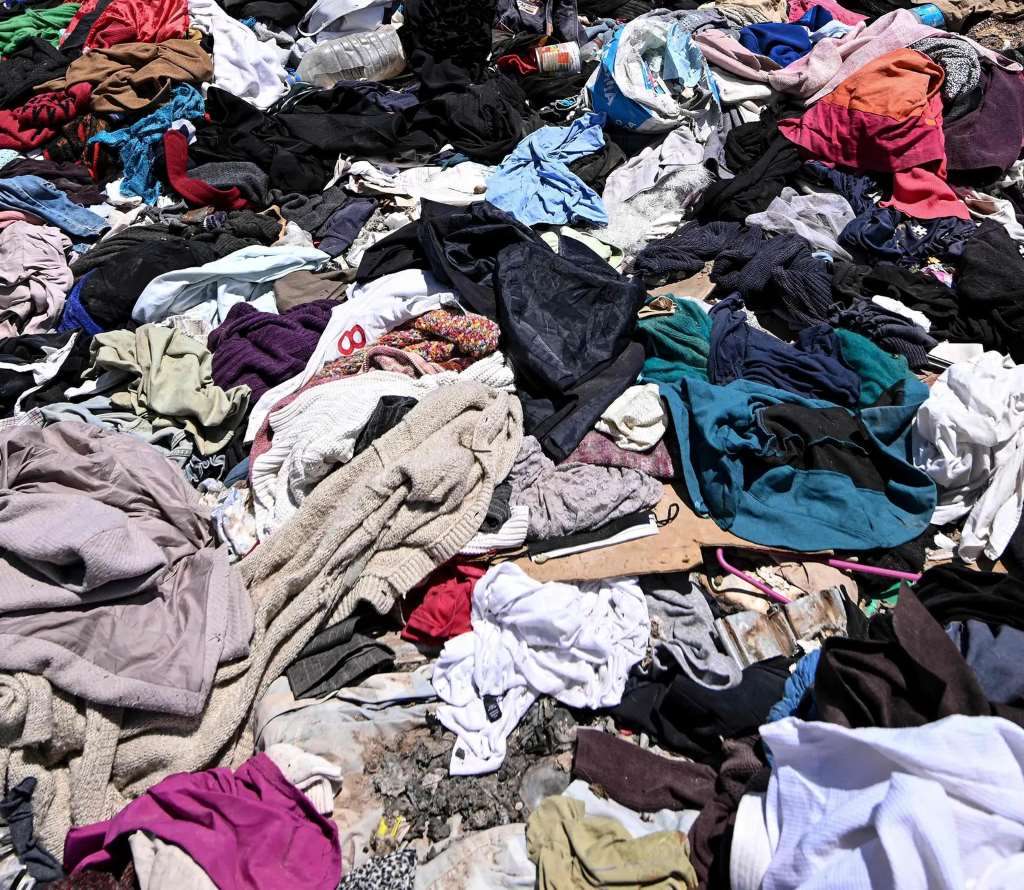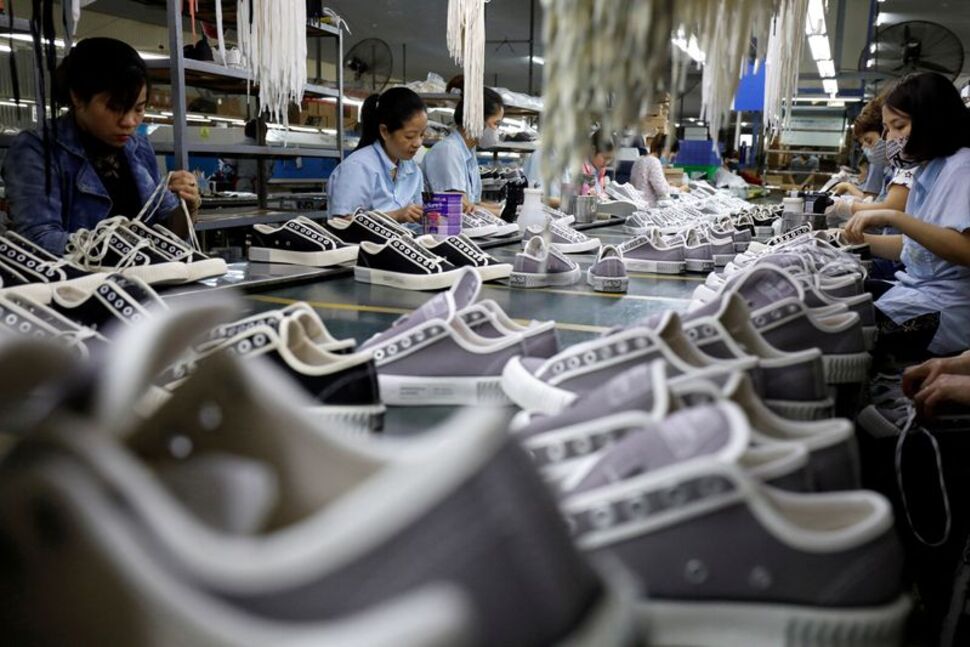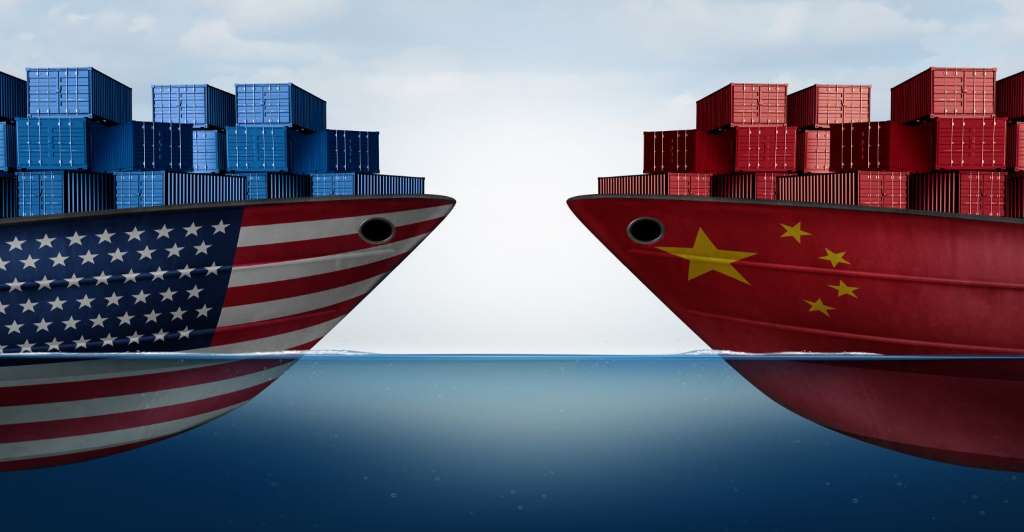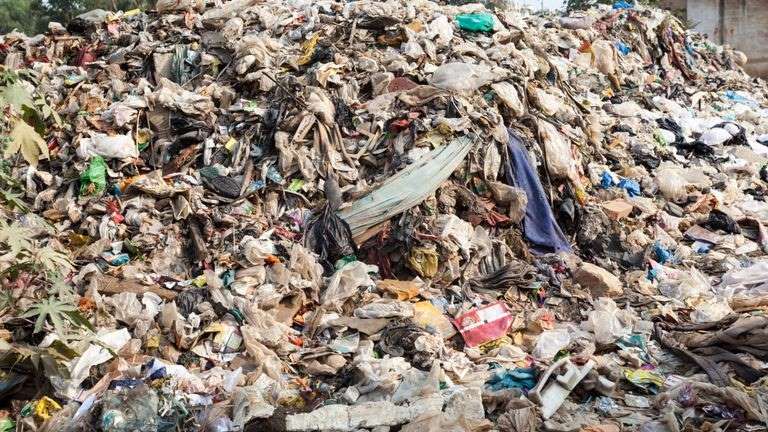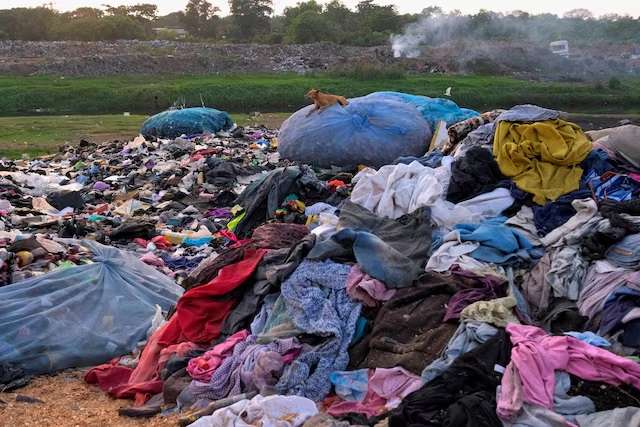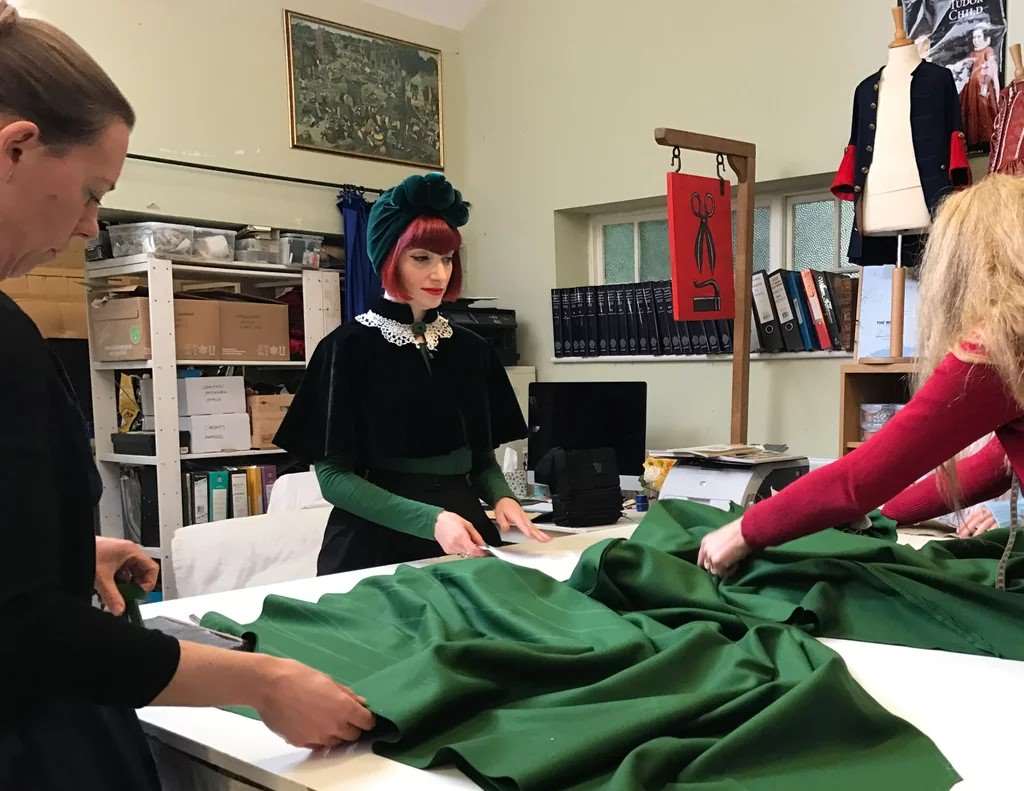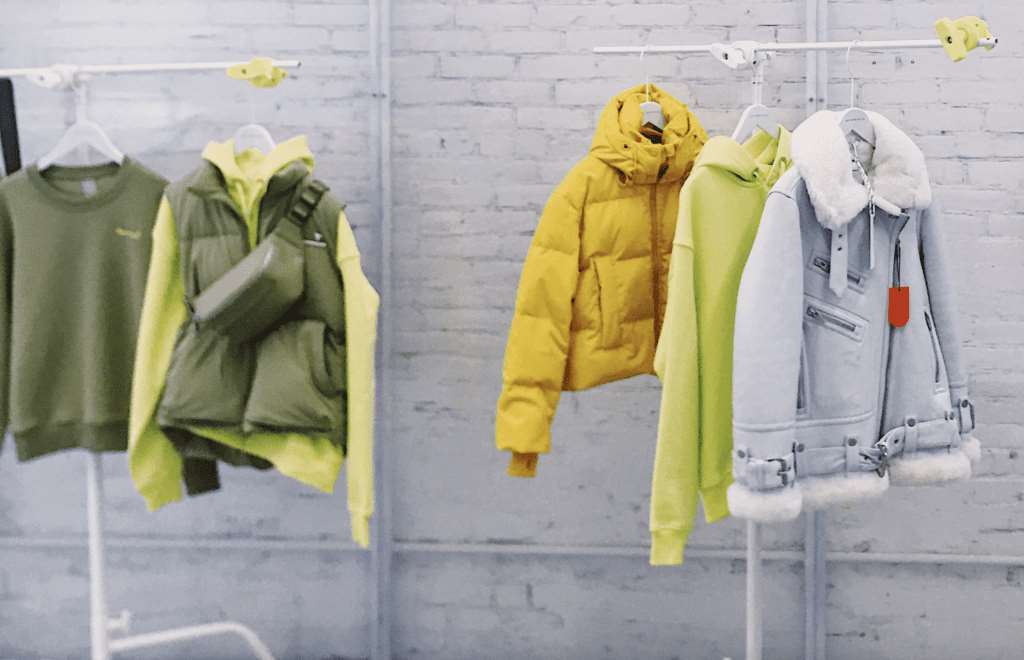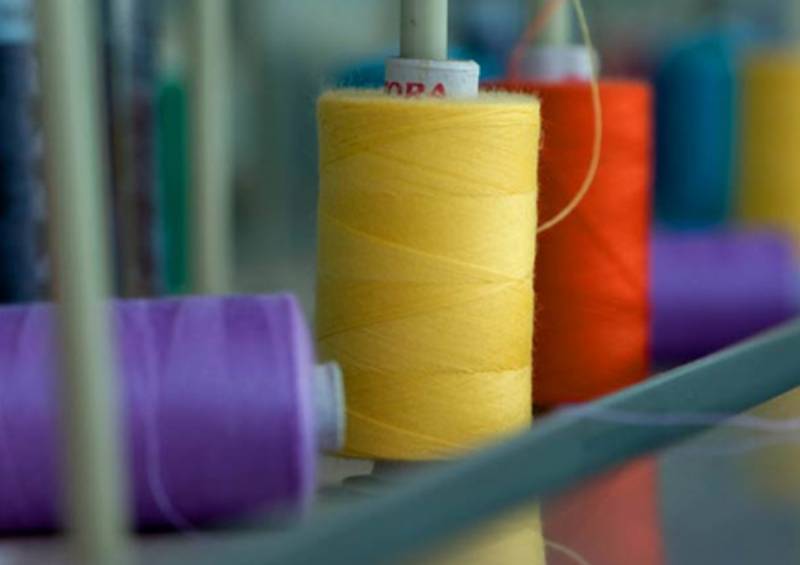FW
After Taiwanese investors, now Hong Kong investors in Vietnam have threatened to hold their expansion plans if authorities don’t take quick action in maintaining law and order against protesting workers against China. Businessman and lawmaker Felix Chung Kwok-pan has said that at least one investor has already taken steps in the direction. One Hong Kong businessman who has invested $300 million in Vietnam is holding his plans of injecting another $100 million for now.
About 3,000 Chinese nationals have already been evacuated from Vietnam, following deadly rioting sparked by anger over Chinese oil drilling in a disputed area of the South China Sea. The geographical tension erupted after China deputed a 1 billion dollars oil rig in a part of the South China Sea. It is the worst breakdown in ties between the two Communist neighbours since a short border war in 1979.
Many Hong Kong businesses started to open up factories in Vietnam owing to low wages in the countries. At present, a worker in Vietnam gets paid an average of $200 to $300 a month, compared to $600 to $700 dollars in China. Manufacturing and exports accounted for 75 per cent of Vietnam’s economy in 2012, up from 56 per cent in 2009. The bulk of this manufacturing was funded by foreign investment.
The Bangladesh government has initiated a move to identify non-readymade garment factories and their establishments and create sector-wise database of those units. The database would have sector-wise factory information, names and addresses of such units, number of workers and other related matters. So far the government has established a database only for the garment sector.
There are more than 45 formal industrial sectors including the readymade garment in the country but there is no specific database or information on how many factories are running across the country with people employed there and their compliance status.
More than 600 garment factories are doing business without a DIFE (Department of Inspection for Factories and Establishments) license. About 800 factories are members of neither Bangladesh Garment Manufacturers and Exporters Association (BGMEA) nor Bangladesh Knitwear Manufacturers and Exporters Association (BKMEA). These 800 units are doing sub-contracting.
DIFE has made an appeal to those units that don't have DIFE license to immediately take approval. The formal industrial sectors included jute, sugar, ship breaking, carpet, etc.
Engineers of 26 US retailers and brands under the Alliance for Bangladesh Worker Safety have so far closed down one factory in Chittagong, a year after the Rana Plaza collapse killed 1,138 people. The platform has suggested the review panel close down five more garment factories.
The Alliance that started with seven teams on March 12 inspected 508 out of the 626 factories in Dhaka and Chittagong. Inspections would be complete by July 10. Alliance and Accord members have 300 common factories to buy clothes from. They have agreed to avoid repetition. The inspection reports, mainly on fire, electrical and structural integrity, found a lack of fire alarms and a need for better enclosure and maintenance of electrical wiring.
An inspection found several factories didn’t have fire doors and sprinkler systems. There was also evidence of cracking and a need for beam-column joint repair in a few places. Sometimes there was a wide deviation between the approved drawings and actual construction. One garment factory was overloaded with fabrics on several floors.
One suggestion is that at least one individual, the factory load manager, should be present at the factory full-time and trained in calculating operational load characteristics.
www.bangladeshworkersafety.org
A report by the Economies and Regions consulting firm says cotton production in the South American country of Argentina is expected to increase by 17 per cent to 750,000 tons during the current harvest season of 2013/14. Farmers are expected to sow cotton on 570,780 hectares of land, indicating an increase of 39 per cent against the last season. The report states that prices of cotton are also expected to escalate during July this year by 18 per cent.
As per the Economies and Regions report, the highest increase in cotton planting is expected in the Argentine province of Salta, with a rise of 190 per cent year-on-year, followed by Chaco province with 107.02 per cent. Meanwhile, cotton plantings in the Argentine provinces of Santa Fe, Entre Rios and Corrientes are expected to increase by 15.9 per cent, 5.9 per cent and 5.5 per cent, respectively, the report adds.
Cotton in Argentina is grown along the northeastern border of the nation, predominantly in the province of Chaco. Argentina’s cotton planting begins around the beginning of October and continues through the end of December. Harvest runs from mid-February through mid-July.
Austria –based fiber company Lenzing, has consolidated its group sales in the first quarter of 2014 fell by 9 per cent as against the same quarter of 2013. EBITDA margin dropped from 13.4 per cent to 10.2 per cent. The effect on net profit was a drop of 6.1 per cent. Fiber production plants are operating at full capacity, However fiber selling prices were almost 12 per cent less than in the same quarter of 2013.
Greater focus on specialty fibers proved successful. Most of all Lenzing generated good sales volumes for its specialty fiber Lenzing Modal, along with a continued attractive price premium compared to standard viscose fibers, thus surpassing the average of 2013. A stable price premium at the same level as in 2013 was also achieved for Tencel.
Lenzing is resolutely marketing its specialty fibers Lenzing Modal and Tencel, ensuring cash optimization. It’s striving to generate cost savings well above €60 million in 2014. These cost reductions are of a structural and sustainable nature and should continue generating comparable savings beyond 2015.
Lenzing has production units in all major markets and supplies to the global textile and nonwovens industry with high quality manmade cellulose fibers. The group registered new record volume sales in the first quarter of 2014.
www.lenzing.com/
Karl Mayer is expanding its multibar Jacquardtronic Lace series of machines with the incorporation of MJ 65/1B. The multibar Jacquardtronic Lace series also unveiled its MJ 42/1B machine at ShanghaiTex 2013. It was launched at the same time as the MJ 59/1B, the version with more guide bars. Both machines are based on the company’s extensive experience with tried-and-tested ML technology but, by equipping them with a jacquard bar, lean more towards the production possibilities of the Jacquardtronic Lace.
With their exceptional cost and benefit ratio, the models in the new MJ series give Karl Mayer’s customers considerable competitive edge and are therefore, in great demand. Spurred on by its success, the company has also been offering a high-bar option in the shape of the MJ 65/1B since December last year.
Increasing the number of guide bars has enabled an even greater range of patterns, full-width fabrics to be produced efficiently in the crosswise direction, and wide bands to be manufactured. The cost and benefit ratio of the MJ 65/1B has been optimised, which is said to make it an extremely attractive proposition for all lace manufacturers, both in the lingerie and outerwear sectors.
The Trayton Group from China has selected Lectra’s Versalis and Vector, together with product development, pattern-making and nesting software, to automate and optimize its production. Trayton is one of China’s top furniture manufacturers. It has factories in Shanghai and Zhejiang and has more than 2,000 employees. Leather accounts for 80 per cent of the company’s production, with the remaining 20 per cent in fabric. About 90 per cent of total production is for exports. Its goal is to become a market leader in lifestyle products in China and internationally.
Lectra consultants worked closely with the company to pinpoint and prioritize the group’s needs, looking at processes and working methods. Meetings were also held with Trayton’s service team to ensure that the actual implementation went very smoothly. In addition, Lectra was able to make recommendations on optimizing the entire production chain, from pattern making to cutting. Lectra is focused on bringing measurable added value to Trayton, not only in terms of productivity, but also in terms of process optimization, sustained performance and continuous improvement.
Lectra is the world leader in integrated technology solutions dedicated to industries using soft materials—fabrics, leather, technical textiles and composite materials.
The Taiwan Textile Federation (TTF) has expressed serious concern over the violent demonstrations in Vietnam. A dispute between China and Vietnam over the South China sea has resulted in a series of anti-Chinese agitations in Vietnam. In the process, many Taiwanese plants in Vietnam and office buildings have been mistaken for Chinese-owned plants and were vandalized. Taiwan wants the Vietnamese government to end such incidents.
Trade relationships between Taiwan and Vietnam have been strong and close. Taiwanese investors have been putting in money in Vietnam’s textile sector since 1980. Vietnam is Taiwan's second largest export market in textile products. Taiwan’s exports of textile products to Vietnam in 2013 accounted for 16 per cent of Taiwan’s textile exports. TTF has appealed to Vietnam’s government to value the bilateral trade relationship established for ages. It has requested Vietnam to help Taiwanese companies defend their safety and property.
The Taiwan Textile Federation, established in 1975, provides a versatile range of services, including market promotion, industrial development, information, and help with the improvement of design capability et al.
ttf.textiles.org.tw/
Pitti Uomo, the specialized menswear show will take place from June 17 to 24, 2014 in Florence. Several events have been lined up like: ‘Firenze Hometown of Fashion’ marking the 60th anniversary of Centro di Firenze per la Moda Italiana;
On June 16, a concert will be organized of singer Andrea Bocelli; and a special party celebrating Ponte Vecchio, the historical landmark bridge across the Arno river and a symbol of the city.
The highlight of the celebration will be the ‘Born in Florence’ initiative that will showcase four important designers and fashion labels, such as Salvatore Ferragamo, Gucci, Emilio Pucci and Ermanno Scervino. A series of events will see these designers as protagonists of cultural events throughout the city during the Pitti Uomo. Exhibitions, concerts, fashion shows and many other events will focus on Italian excellence and craftmanship.
The overriding theme inspiring the Pitti Immagine Uomo event taking place inside the Fortezza will be ping-pong, or ‘Ping Pitti Pong’. As previously announced, Z Zegna will be the menswear guest designer of the show. The group will return to Florence after about six years. Other initiatives will involve collaborations between Pitti Immagine and other Italian trade shows. During the July 2014 edition of Pitti Filati, the ‘Denim Italiano Italian Denim Makers’ event will involve Italian denim companies, which will also be presented as a teaser at the June edition of Pitti Uomo and later relocate to Milano Unica in September.
Other events will include the launch of G-Star’s special ‘G-Star Raw for the Oceans’ project in collaboration with Pharrell Williams. Ron Herman will launch its new international collection. Valstar will announce its latest collaboration with United Arrows and Tiger Jay X North Sails collection will make its debut. As part of the Pitti Italics events, two brands – Marcelo Burlon County of Milan and Au Jour le Jour, will mark their debut.
www.pittimmagine.com
Pakistan will unveil its textile policy for 2014-19 on June 30, 2014. The policy envisages textile exports of over $26 billion in the next five years and has maximum incentives for the value-added textile sector.
The Textile Ministry has proposed major incentives for value-added textiles sector, including giving 6 per cent subsidy on the import of textile machinery and reducing the interest rate to 8 per cent against the current 12 per cent for new investors to attract more investment and enhance textile exports. The main focus would be on the value-added sector. Major incentives have been proposed for the sector to achieve the desired results by raising textile exports. Technology upgradation schemes would also be one of the prime objectives, as these would encourage investment in shuttle-less looms and in the apparel sector.
Pakistan has registered 8 per cent increase in textile exports since getting the GSP plus status and the country is confident of achieving its textile export targets. A cotton seed bill will also be introduced. It has been pending for the last 12 years. The main focus of the seed bill would be on improving cotton seed and production as it is like a white gold and can play a major role in the economic growth of the country.

